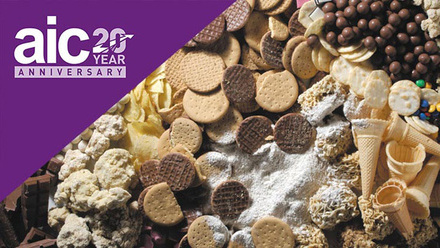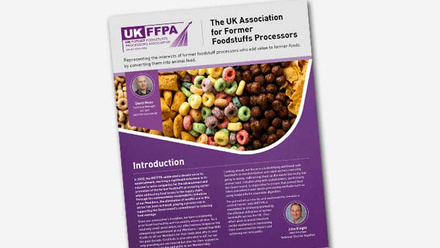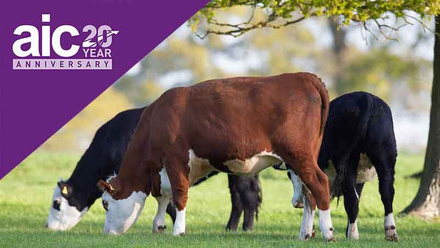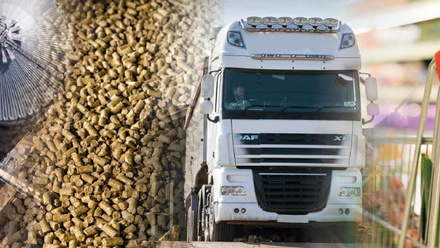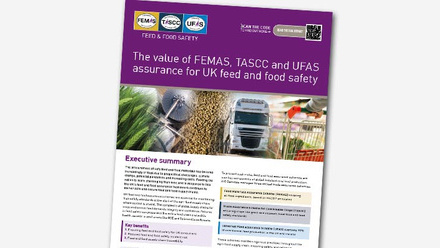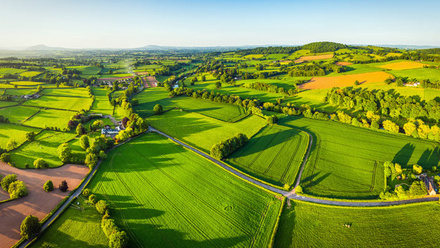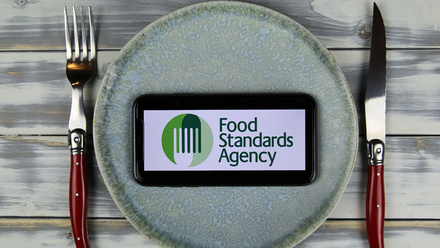Blog: Why throwaway comment on animal feed proves hard to digest
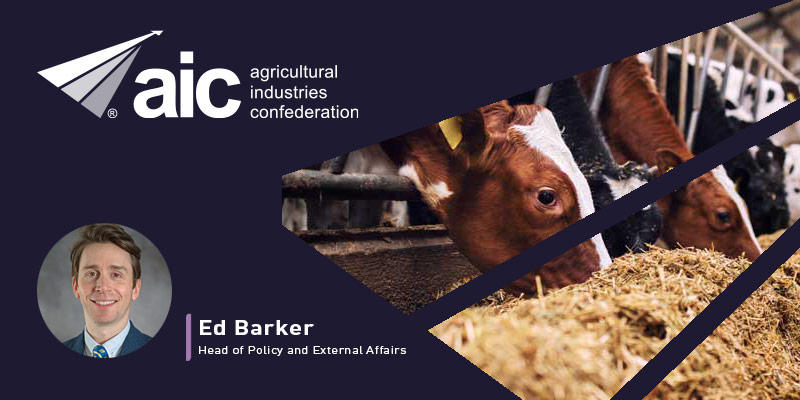
AIC's Head of Policy & External Affairs, responds to an article published in the Financial Times which makes a simplistic and misleading comment about crops being produced for human consumption and animal feed.
Having recently read a "Lunch with the FT" article with ex-National Farmers Union (NFU) President Minette Batters, I was struck by a throwaway comment made by the Financial Times journalist Henry Mance.
The offending sentence in this article, published on 24 May, read: "Many of Britain’s livestock are fed crops that could be eaten by humans; others eat imported feed".
This is the type of throwaway comment that we hear too often from NGOs and those without knowledge of the sector, and underlines a wider lack of understanding of how crops are grown, and their end markets.
Crops - UK-grown or imported - which can be consumed by humans, such as milling wheat, malting barley or oilseeds, will be consumed by humans. This is because there is a significant premium available to farmers for meeting the higher specification required of human-grade products.
Any viewer of Season 3 of Clarkson’s Farm will have seen how much Jeremy Clarkson, Cheerful Charlie Ireland and Kaleb Cooper agonised over whether their harvested crops could meet human-grade specifications.
In a wet year such as this, it is not always possible to meet this grade however. This leaves farmers and the supply chain having to find other markets for this produce, and thankfully the animal feed sector provides a solution.
The author is right in that animal feed is sometimes imported. Whilst some of this is made of commodity crops, significant quantities of imported feed come from "co-products" made in the processing of human food products.
Until such time when humans clamour to eat sugar beet pulp, sunflower and rapeseed meal and brewers grains, British livestock will be a willing consumer.
Finally, it is little known that British livestock help to reduce food waste. Manufactured foods that cannot make it onto supermarket shelves because it is either surplus or out of specification - such as bread, confectionary and crisps - find their way to animal feed rations.
This removes 650,000 tonnes of food waste from the supply chain, itself converted into food. Watch the video below to find out more.
It has been fashionable for many commentators to chastise livestock production. Yet without any recognition that it can also provide solutions in our food and farming systems, the debate will not move beyond the superficial.
As ever, the challenge for AIC and the wider livestock and cereal sectors is to explain the interdependencies of UK farming PLC.


